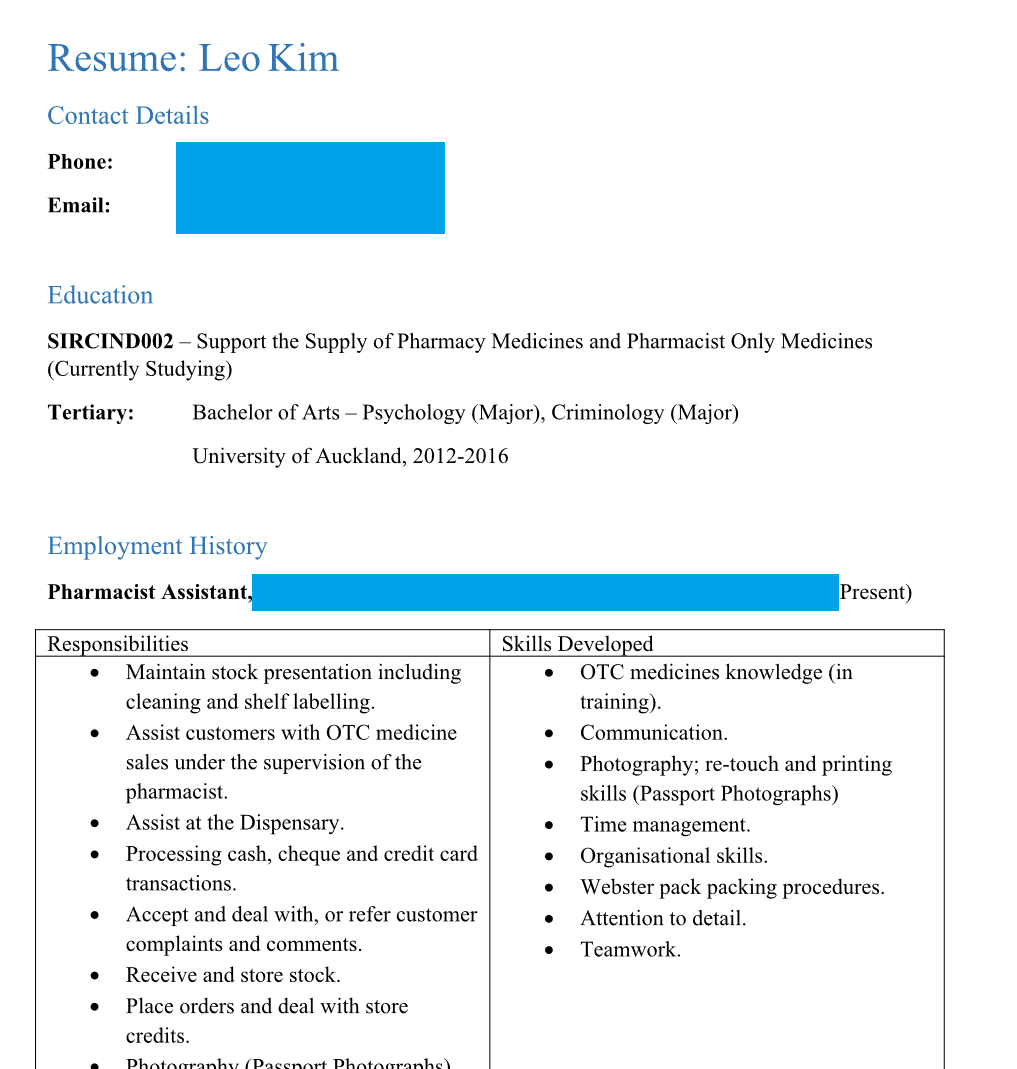- Published on
Tips and tricks of uni life Part 2
- Authors

- Name
- nm
This is part two to the tips and tricks that will help you to get through your long days at uni. So far I've spoken about transport, food, and health. In this post, I will cover more strategic tips that will help you shape your degree and career.
On a slightly philosophical note, I strongly suggest to start treating your tertiary education as part of your career. You are now, albeit at a novice level, a professional in your chosen field. Everything you input into your studies, will help open new doors in 3-4 years, when you are closer to graduation and are applying for jobs. With that in mind - tip number one.
Knock on doors and one might open
Something that I wish I did much sooner in my studies was finding opportunities for work at uni, while studying. There are a lot of places within University where you might have a chance to not only make some extra cash, but also build up your experiences in a chosen field, as well as build up your CV (we will talk a lot more about resumes and job hunting in the future). These opportunities however, might not be easily identifiable. You may have a vacancy board within university, both physical and also published on the university website. Remember that if they are looking for students, they won't expect much in terms of prior experience so apply to any job that you find interesting or related to your career, even if you don't seem to meet the criteria well. Let's be frank, you probably won't have much industry specific experience at this point anyway, only raw enthusiasm and a can do attitude.
If your tutor is a PhD student, then its also worth checking with them, as they might be able to guide you towards some technical roles like a lab or research assistant, although, this is very faculty specific. Generally, university staff will be able to guide you towards opportunities like this.
The biggest advantage is that working on campus, will also mean you don't have to travel far for work from studies. It can also generate opportunities for you to work at uni after your graduation, in teaching or research space, and expose you to the wider industry since many companies interact with universities in some shape or form.
Like I said earlier, I was fairly passive about this in the first year of my studies (and also in my first degree), but I know a handful of my peers who found these opportunities and had a steady stream of income and experience during their uni days. They walked out of uni into very decent jobs too. One buddy of mine had a job of testing and tagging office equipment around the campus, which not only paid well, but aligned with his electrical engineering profession. Another uni mate of mine worked with a researcher to develop leak detection equipment, in conjunction with a large insurance company.
Is this a mandatory step for your studies? Absolutely not, once again, there are degrees where this will not be an option. So definitely speak to your teaching staff and students above your year.
Create your resume now and iterate over it
Create a resume for your future job applications. Even though this is still a while away, you are much better off making iterative changes over the next months and years, rather than trying to whip one up in a short time. You probably won't have much time to do this in the later years because of the study workload. Furthermore, the application deadlines always tend to creep up on you so having an existing resume will always help.
You might already have an existing resume, that you have previously used when applying for jobs. You can use this as a starting point or begin anew. I recommend to use Canva, although a carefully formatted Word resume will do too. Most importantly, remember to export your resume as a PDF when sending it out. It makes it immutable and more or less ensures that the CV will render properly on the recipients device.
Feeling brave? Try out The Cloud Resume Challenge. Working through that book will definitely get you some practical skills when it comes to building web apps and deploying cloud infrastructure. I've used the AWS version of the book to build my resume.
To add to the previous points, creating your professional resume now, will ensure that over time, you will come back to it with new perspectives, experience and knowledge that you pick up through your degree and hopefully come up with iterative improvements to its layout, content and formatting. I am by no means a resume guru and my cv is still a work in progress. Here is (despite blushing a fair bit when looking at the older examples) the evolution of my resume:



For the current version, see cv.nanookmetaal.com, hopefully it is an improvement...